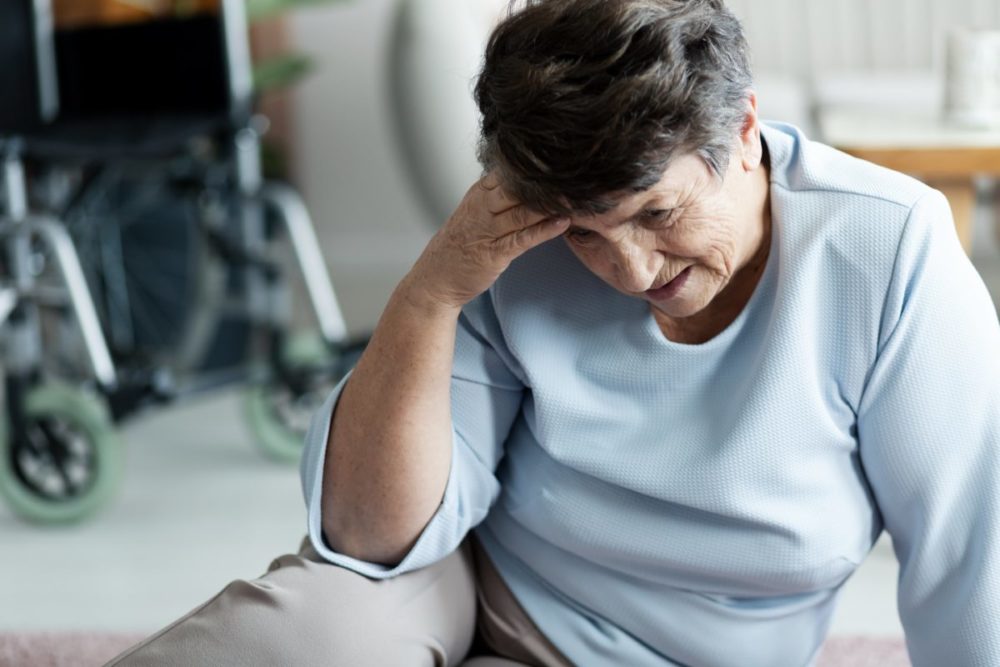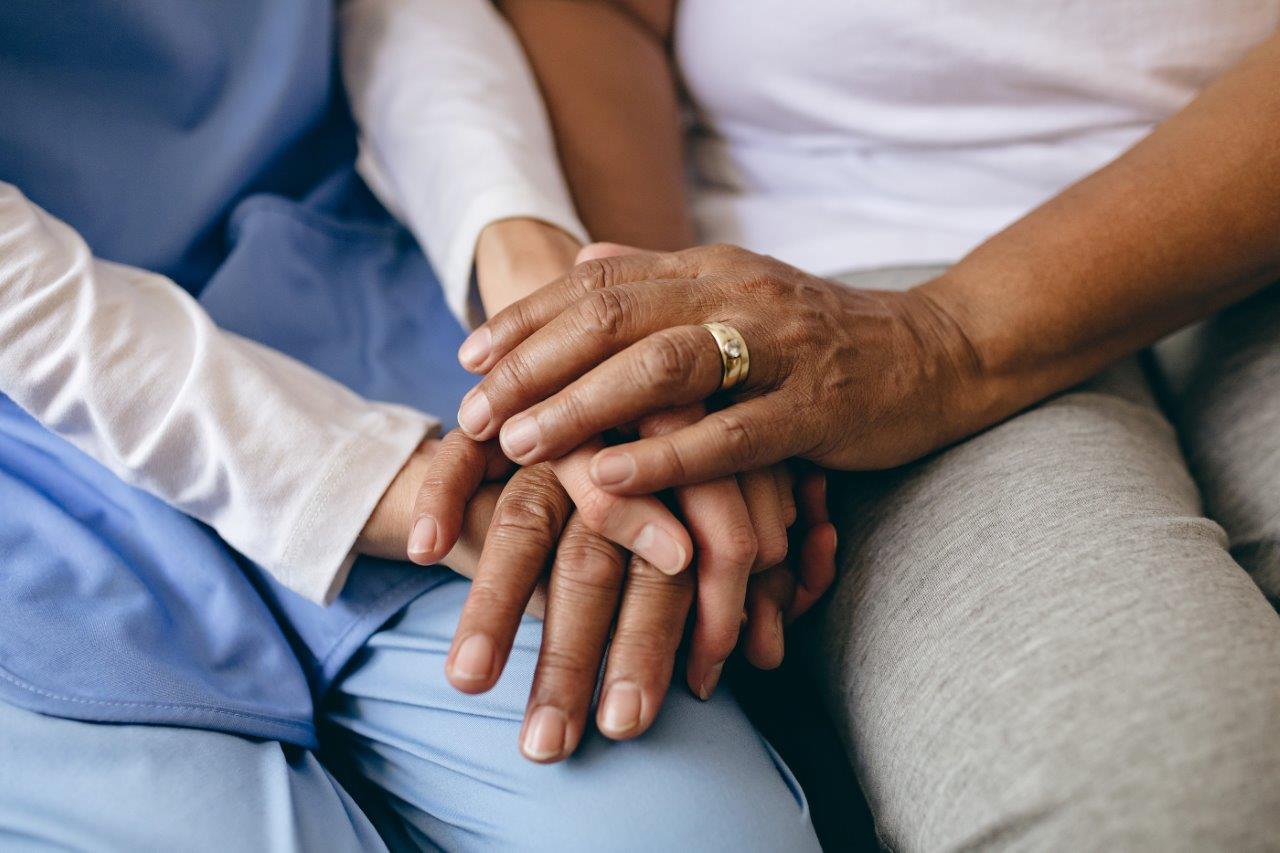MyLife Healthcare Assistants are specially trained and supervised by our clinical nurse team who will also be involved in the delivery of an effective and personalised care plan. There are several aspects to brain injury rehabilitation and everyone is affected differently. The encouraging nature of our Healthcare Assistants is an essential part to helping with recovery, offering practical and emotional support throughout the recovery journey.
Acquired Brain Injuries
An acquired brain injury is a life-changing condition for the person as well as their family and friends, making this an emotional and practical challenge for everyone concerned. Acquired brain injury can cause depression, anxiety and a range of emotional responses. This can be especially difficult for families and friends as well.
Each year an estimated 1 million people attend hospital A&E in the UK following head injury although many more head injuries go unreported.
Of these, around 135,000 people are admitted to hospital each year
Across the UK there are an estimated 500,000 people (aged 16 – 74) living with long term disabilities as a result of traumatic brain injury.
Approximately 85% of traumatic brain injuries are classified as minor, 10% as moderate and 5% as severe.
Men are two to three times more likely to have a traumatic brain injury than women. This increases to five times more likely in the 15-29 age range
MyLife Health Care Assistants are specially trained and supervised by our clinical nurse team who will also be involved in the delivery of an effective and personalised care plan.
There are several aspects to brain injury rehabilitation and everyone is affected differently. Relearning the basic life skills that were once second nature can be frustrating and difficult. That’s where the caring and encouraging nature of our Health Care Assistants is an essential part to helping with recovery, offering practical and emotional support throughout the recovery journey.


Acquired Brain Injuries
The benefits of using MyLife
Our brain injury carers...
An acquired brain injury referred to as an (ABI) is an injury caused to the brain since birth. There are many possible causes, including a fall, a road accident, tumour and stroke.
Traumatic brain injury (TBI) is an injury to the brain caused by a trauma to the head (head injury). There are many possible causes, including road traffic accidents, assaults, falls and accidents at home or at work.
The effects of a traumatic brain injury can be wide-ranging and depend on a number of factors such as the type, location and severity of the injury.
Acquired brain injury covers all situations in which brain injury has occurred since birth, and includes traumatic brain injury as well as a tumour, stroke, brain haemorrhage and encephalitis, to name a few.
The effects are often very similar to those of traumatic brain injury, but there are key differences that make treating and coping with an acquired brain injury quite different
A mild acquired brain injury will often cause a period of time where the person can experience concussion and loss of consciousness. They may regularly feel dizzy, experience loss of balance, and have memory and concentration problems, headaches, mood and sleep changes, as well as sensitivity to light or sound.
A person with a moderate to severe acquired brain injury may also experience profound confusion, convulsions, slurred speech, and pupil dilation, loss of coordination, slurred speech.
It is also possible that they also lose control of bodily functions, acute headaches, nausea and vomiting.
Hydration and healthy and nutritious meals are important to enable the body to repair itself more efficiently, as well as ensuring that prescribed medications are taken at the right times.
This is a huge physical and mental journey for a person to get through and it is important to us that we offer the very best emotional and practical support to both the person and their family.
MyLife healthcare offer services to assist with all aspects of brain injury support, dealing with a brain injury and working to rehabilitation requires a consistent approach to all aspects of care from a skilled team
With the support of our service and the multi-disciplinary team we work with, our clients to achieve their desired outcomes and goals

Telephone No.01908 039 530


